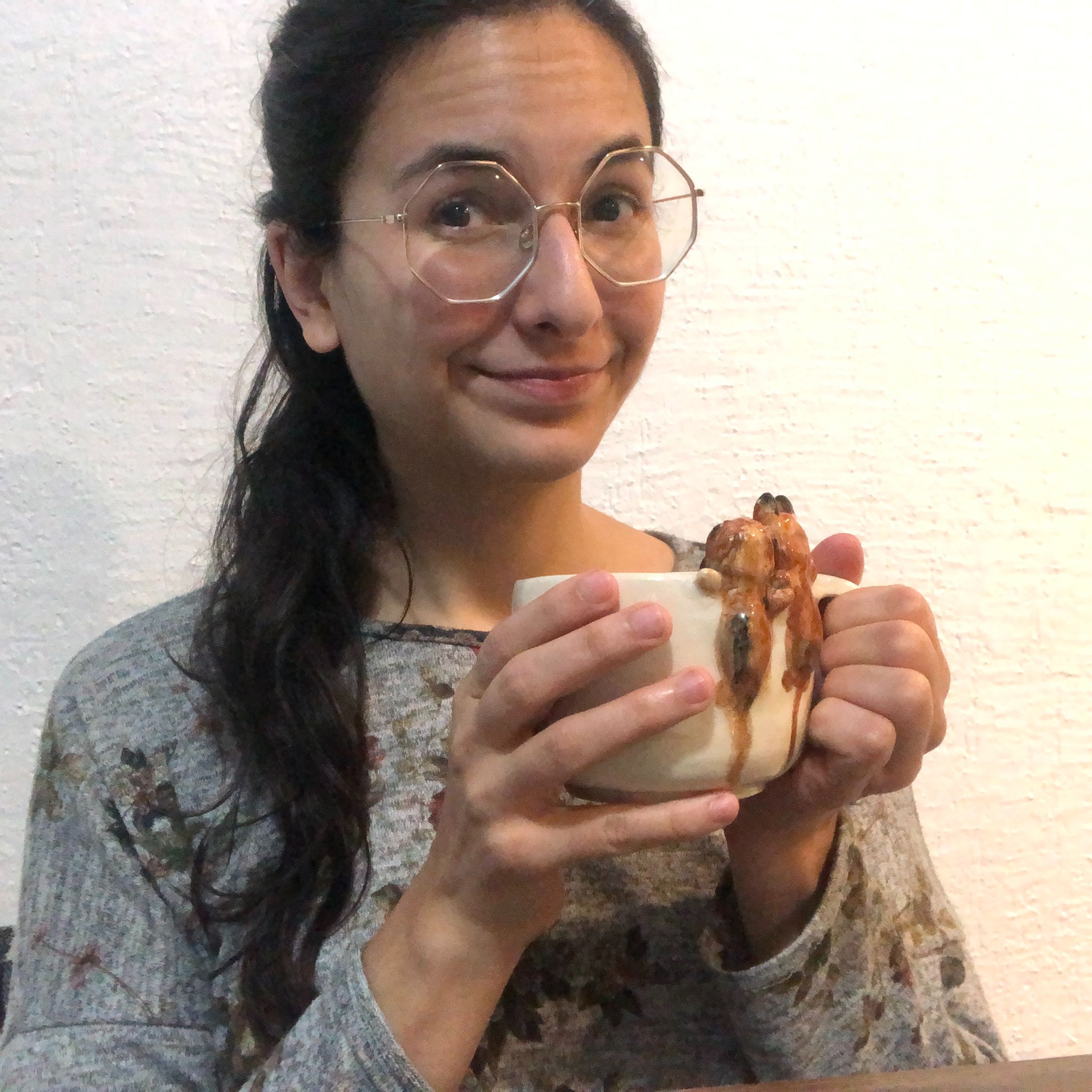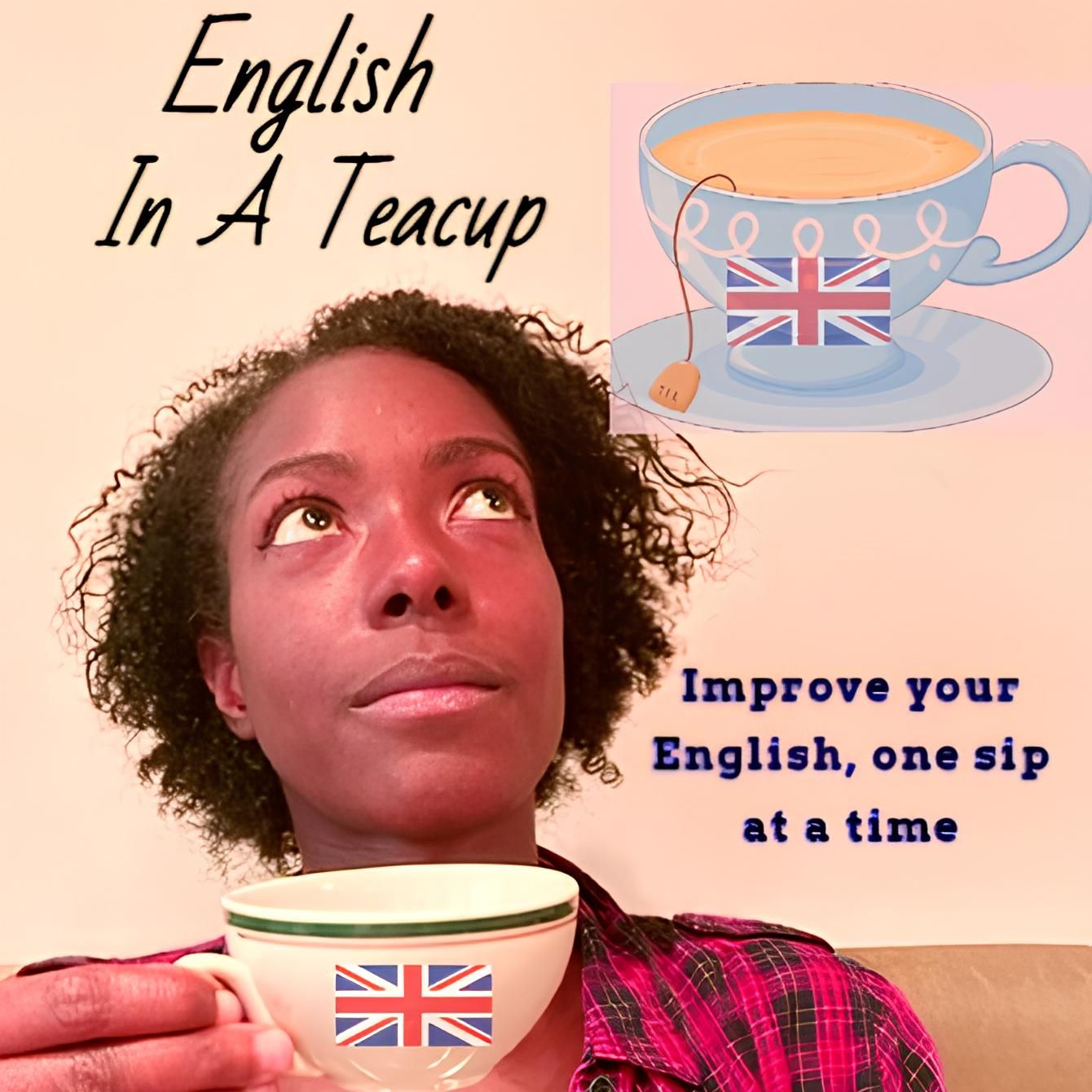Search from various 영어 teachers...

3 Useful Phrases for IELTS Speaking Part 1, 2 and 3. Listen now.
설명
3 Useful Phrases for IELTS Speaking Part 1, 2 and 3. Listen now.
Imagine being versatile in your language expressions?
What would it include?
Will you sound different? Use complicated words? Or you'll speek faster?
These can be your strategies for success.
Below are some ideas that you can inject in your speech that will help you get a higher IELTS speaking score.
Here they are:
Transition Words - In the speaking section, transition words can help you to structure your response and give your ideas more clearly. Some common transition words and phrases include "Moreover, " "in addition, " "Furthermore, " "however, " "nevertheless, " "on the other hand, " "as a result, " "consequently, " "therefore, " "in conclusion, " and "to sum up."
Next are conditionals - The best way to approach part three of the exam is to expand your answers as much as possible. The topics are usually very broad, and the examiner wants to hear you speak in depth about a topic not answer as quickly as possible. This is your chance to shine!
Here are some conditionals you can use :
a) Zero Conditionals
They are used to describe factual situations. Both clauses are in the simple present tense.
When it rains, I take the bus.
b) First Conditionals
They are used to express what will most likely happen in the future if a certain condition is met. The ‘if’ phrase is normally in the present tense, and the following clause frequently includes a verb such as ‘will,’ ‘can’, or ‘might,’.
If I get the required band score for IELTS, I will migrate to Canada.
c) Second Conditionals
They are used to express an improbable circumstance. The ‘if’ phrase is in the past tense, whereas the following clause frequently includes a verb such as ‘would’ or ‘could’.
If I were the mayor of our city, I would ban the use of plastics.
In my 1-1 classes I and my students go deeper into details of structuring your answers to make them vivid and crispy clear to examiners.
Join me now.
팟캐스트 채널
IELTS-SPEAKING 8-9 BAND IS POSSIBLE. DAILY SPEAKING PRACTICE PART 1,2 & 3. Listen daily.
작성자
모든 에피소드

Bài 1 Chào chị (Hello Miss) _ Vietnamese with ease 1 (Học tiếng Việt dễ dàng)

Episodio 5 La fiesta de mi amigo (PRINCIPIANTES)

¿Hay tiburones cocainómanos en Florida?

Venecia: entre canales, puentes y carnavales

Question words in Serbian (A1-A2 level)

Matta 5

Ep6 Ой перестань! (and why foreigners sometimes think I am rude)

EP1: JOB INTERVIEWS
인기 팟캐스트

Vietnamese with Ease 1
Bài 1 Chào chị (Hello Miss) _ Vietnamese with ease 1 (Học tiếng Việt dễ dàng)

Tomemos una taza de café
Episodio 5 La fiesta de mi amigo (PRINCIPIANTES)

Cafecito con Ale
¿Hay tiburones cocainómanos en Florida?

Viviendo entre dos lenguas
Venecia: entre canales, puentes y carnavales

SERBIAN TO GO
Question words in Serbian (A1-A2 level)

The Parts of The Holy Bible - İncil'den Bölümler
Matta 5

Russian Daily with Yaroslava
Ep6 Ой перестань! (and why foreigners sometimes think I am rude)

ENGLISH IN A TEACUP
EP1: JOB INTERVIEWS